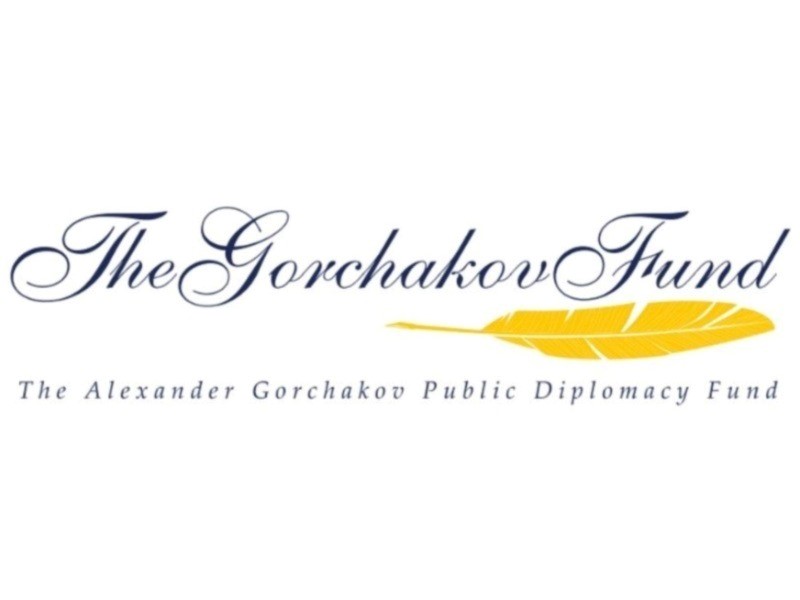The Gorchakov Fund is part of a group of foundations and GONGOs that the US government estimated in 2018 were funded by the Russian state to the tune of at least $130 million per year in total, though this estimate was qualified as likely being conservative in nature. However, Gorchakov itself is financed only in part by the Russian state—largely held to be a kleptocracy—from its federal budget; in 2016 47% of its budget–an alleged but unconfirmed €660,000 according to the Wilfred Martens Center citing a Russian government source that is no longer available–was reported to be from state resources with the remainder undisclosed and “financed by trustees”: in other words, financing was partly contingent upon oligarchs and other figures within its leadership structure, a structure with more sanctions and allegations between them than can be reasonably recounted in short format.
Figures of note at the helm of the Gorchakov Fund include: trustee and sanctioned oligarch Vladimir Yakunin, an individual with links to IEI-Watchlisted organisations Dialogue of Civilization and Franco-Russe Dialogue; Ruben Vardanyan who, in addition to serving in another IEI-Watchlisted organization, oversaw Troika Dialog as its CEO, President, and principal partner when it enabled nearly $5 billion dollars to be laundered; oligarch and media/communications magnate Alisher Usmanov, under sanction by no less than the EU, US, UK, Australia, Canada, Japan, Switzerland, and Ukraine; and sanctioned Russian Foreign Minister Sergei Lavrov.
While creating a favorable climate for Russian interests abroad by leveraging “soft power” through students, media, and language is in and of itself a relatively innocuous goal, there exists a fundamental difference between conventional “soft power” and certain activities supported by the Gorchakov Fund ranging from fostering Kremlin-grown narratives that lay the groundwork for malign influence campaigns to providing financial support to high-risk organizations.
For instance, in 2015 the Security Service of Ukraine (SBU) terminated the activities of the diplomacy fund inside Ukraine, citing its dissemination of anti-Ukrainian propaganda. And groups such as the Public Initiative “Creative Diplomacy” (PICREADI) and Franco-Russe Dialogue have been recipients of Gorchakov funds, with the former having been sanctioned in early 2023 by the United States for its undisclosed links to Russian intelligence (i.e., FSB) while the latter is currently being investigated by the Parisian organized crime unit JUNALCO. Lastly, in September 2022, the Gorchakov-founded Primakov Georgia-Russia Public Center had its accounts frozen by Georgian TBC Bank due to becoming subject to international sanctions.
Third sector organizations such as nonprofits, think tanks, or foundations possessing meaningful links to or behaviours consistent with: malign influence and finance; financial and organised crime; narrative or reputation laundering; or espionage, amongst others, may morally corrode the nonprofit space. Additionally, any organization engaged in or associated with such activities can potentially serve as a vector for undermining western institutions and values as well as transatlantic relationships. Open-source information indicates Alexander Gorchakov Public Diplomacy Fund’s senior leadership and its direct as well as indirect activities warrant the designation of this organization as a “high-risk NGO”. Therefore, the Gorchakov Fund has been placed onto the Institute for European Integrity’s NGO Watchlist.

